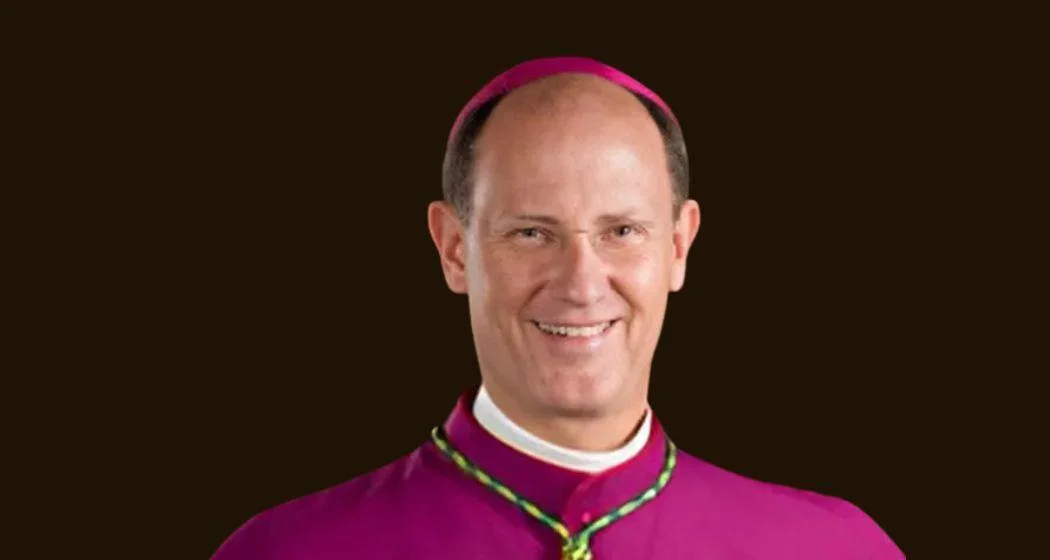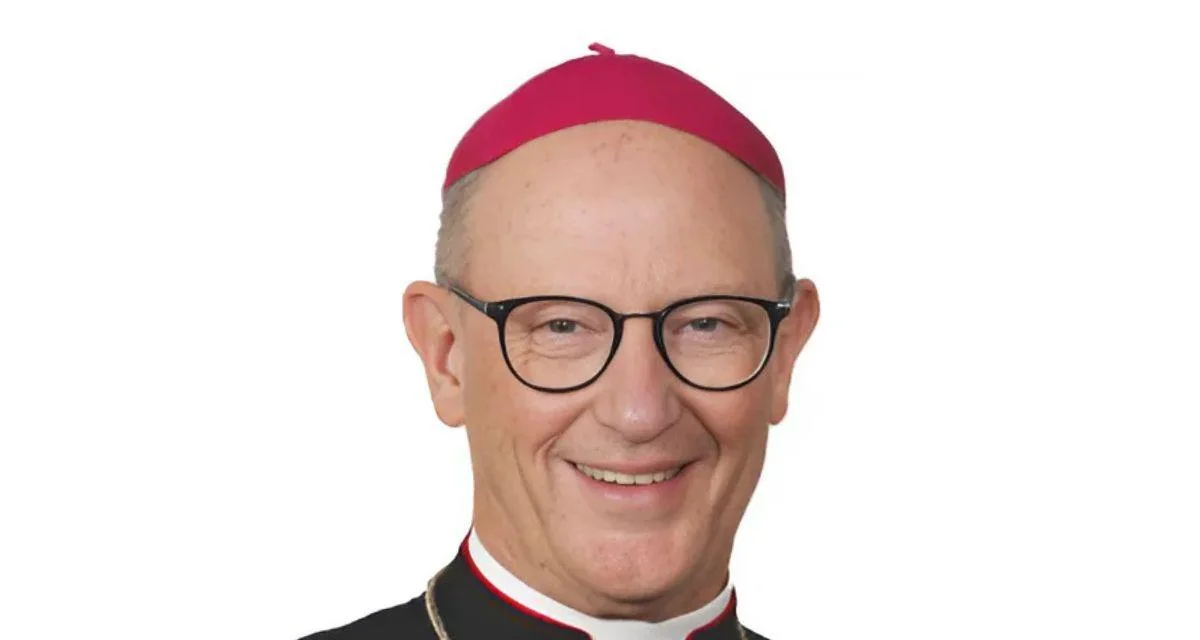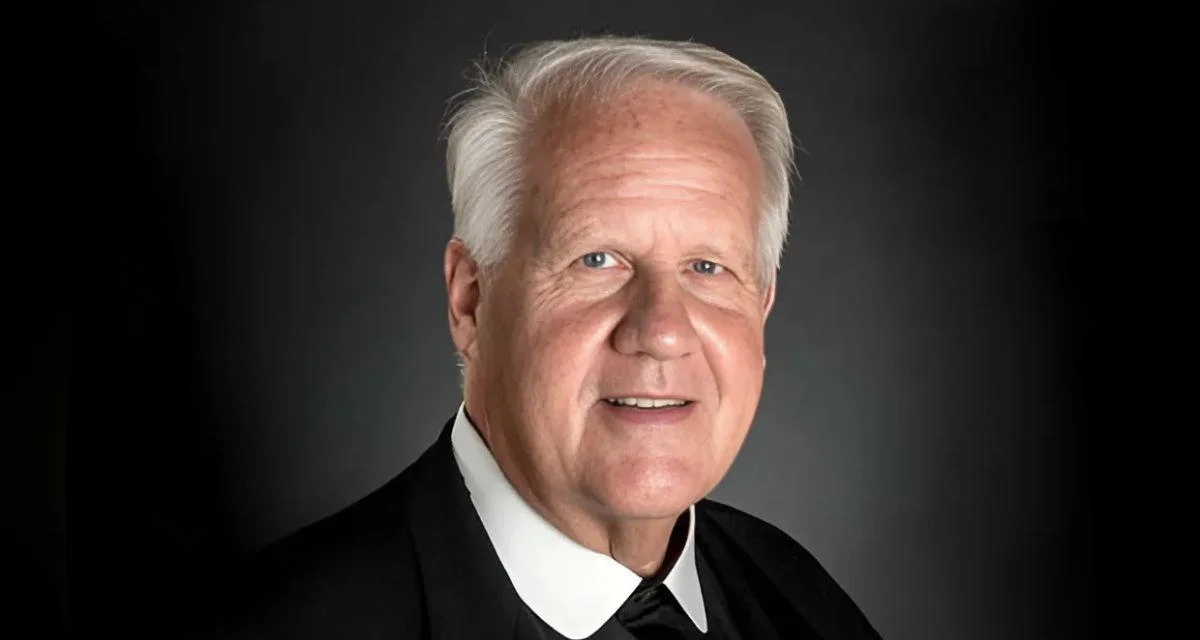
Rev. James D. Conley, D.D., S.T.L. | Diocese of Lincoln website
In a recent explanation, it was clarified why the Feast of the Immaculate Conception remains a Holy Day of Obligation this year, despite being moved to Monday, December 9. The query arose due to changes in practice regarding Mass obligations when such days fall on a Saturday or Monday.
The Church law requires Catholics to attend Mass on certain Holy Days, but these are ecclesiastical laws rather than Divine Law. The obligation to keep holy the Sabbath is divine; however, attending Mass is mandated by the Church. This allows the Church to dispense from or establish specific Holy Days of Obligation.
The Holy See mandates several Holy Days, including Sundays and notable feasts such as Christmas and Easter. The Code of Canon Law (CIC c. 1246 §1) also lists other days like "the Nativity of our Lord Jesus Christ," "the Epiphany," and others as obligatory. However, CIC 1246 §2 permits bishops' conferences to adjust which days are observed as obligatory or transferred.
In 1993, what is now known as the United States Council of Catholic Bishops (USCCB), with approval from the Holy See, determined that if certain solemnities fall on Saturdays or Mondays—namely January 1 (Mary, Mother of God), August 15 (Assumption), and November 1 (All Saints)—the obligation for Mass attendance would be lifted. Notably absent was Immaculate Conception.
Previously treated as abrogated when falling on weekends adjacent to weekdays, a clarification from the Holy See indicated that no exemptions should apply for Immaculate Conception or any transferred day.
Thus, this year requires Catholics to attend Mass twice: once for Sunday observance and once for Immaculate Conception. This could involve attending separate services on consecutive days or multiple times in one day.
Despite potential inconvenience, Church teachings emphasize communal worship and participation in Mass as paramount acts of faith. It’s akin to parental guidance where obedience may not always align with convenience but serves spiritual well-being.



 Alerts Sign-up
Alerts Sign-up